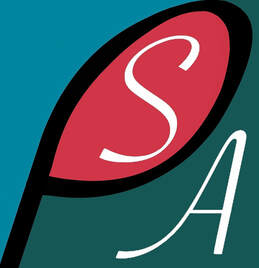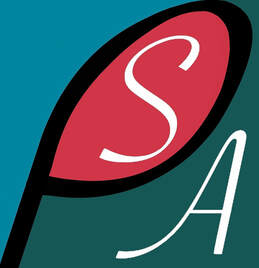|
10/30/2013 0 Comments A good reason for gender balancing."A number of studies, like one from CMU, have shown that people perform better in math and sciences if fifty percent of the participants are women" (Berson, B).
The full article can be found by following the link below: Read more: http://firstround.com/article/How-Etsy-Grew-their-Number-of-Female-Engineers-by-500-in-One-Year?goback=%2Egde_3391879_member_5801183046854000642#%21#ixzz2jFuocIuP
0 Comments
10/30/2013 0 Comments Backwards design for learning.The use of backwards design is an effective way to structure lesson planning for standards based learning and assessment. I have distilled the info from Wiggins and Mctighe to my understanding of a brief outline of the process. I use the acronym: SAL.
10/29/2013 0 Comments Teach students how to ask questions.Questions are an extremely valuable tool to help students gain access to information. By scaffolding the question asking process for students, they will have a better chance to gain access to important information (Payne, 2008).
This is an extremely truncated version of some info from Jo Boaler.
I am not going to go into detail on these ideas, just mention them for reference (Boaler & Humphreys, 2005: pp. 49-52). |
By: Mr. WoodfordI will reflect on ideas and practices I learn through my formative years as a classroom math teacher. Archives
August 2018
Categories |
Search by typing & pressing enter

 RSS Feed
RSS Feed
